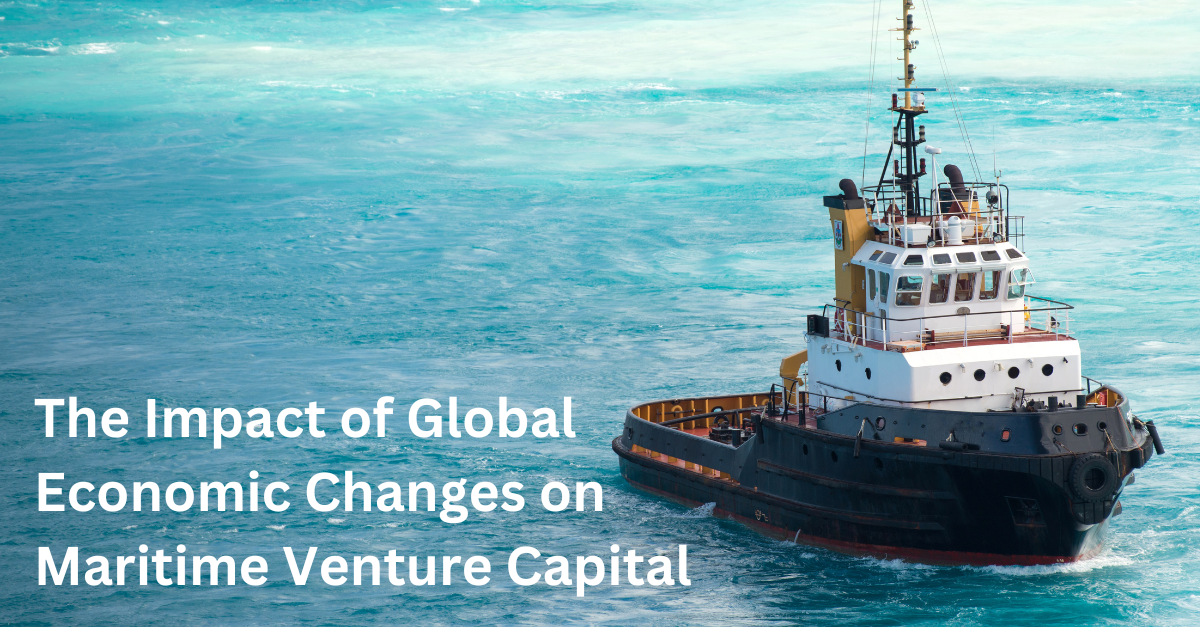
The concept of circular economy has gained significant attention across various industries in recent years with the maritime sector being no exception. Through a circular economy, the maritime sector can minimise waste, reduce resource consumption, and promote responsible practices throughout the entire value chain – here’s how.
Reducing Waste Generation
One of the fundamental pillars of the circular economy is to reduce waste generation. In the maritime sector, this involves implementing strategies to minimise both operational and non-operational waste. Shipping companies are increasingly adopting practices such as waste segregation, recycling, and reusing materials onboard vessels. By implementing efficient waste management systems and promoting responsible disposal practices, the industry can significantly reduce its environmental footprint.
Sustainable Procurement and Design
By prioritising suppliers with sustainable practices and selecting environmentally-friendly materials, the maritime industry can minimise its ecological footprint. Sustainable design principles can be applied to shipbuilding, ensuring that vessels are built with recyclability and reusability in mind. This approach enables easier disassembly and the recovery of materials at the end of a vessel’s life, reducing waste and maximising resource efficiency.
Remanufacturing and Refurbishment
The circular economy encourages the remanufacturing and refurbishment of products to extend their lifecycle. In the maritime sector, this translates to refurbishing and repurposing vessels and equipment. Rather than scrapping older vessels, refurbishment and retrofitting can enhance their efficiency, reduce emissions, and extend their useful life. Additionally, remanufacturing and refurbishment processes can create new business opportunities and jobs while reducing the demand for virgin materials.
Closed-Loop Systems
Closed-loop systems are another way to embrace the circular economy in the maritime sector. For instance, implementing technologies that enable the treatment and recycling of wastewater onboard ships can reduce pollution in marine ecosystems. Similarly, utilising renewable energy sources, optimising fuel consumption, and implementing energy-efficient practices contribute to a circular approach to resource management.
Embracing the circular economy in the maritime sector is an imperative and practical solution for addressing the industry’s environmental challenges. By reducing waste generation, adopting sustainable procurement practices, encouraging remanufacturing and refurbishment, and implementing closed-loop systems, the maritime sector can transition towards a more sustainable and circular future.








